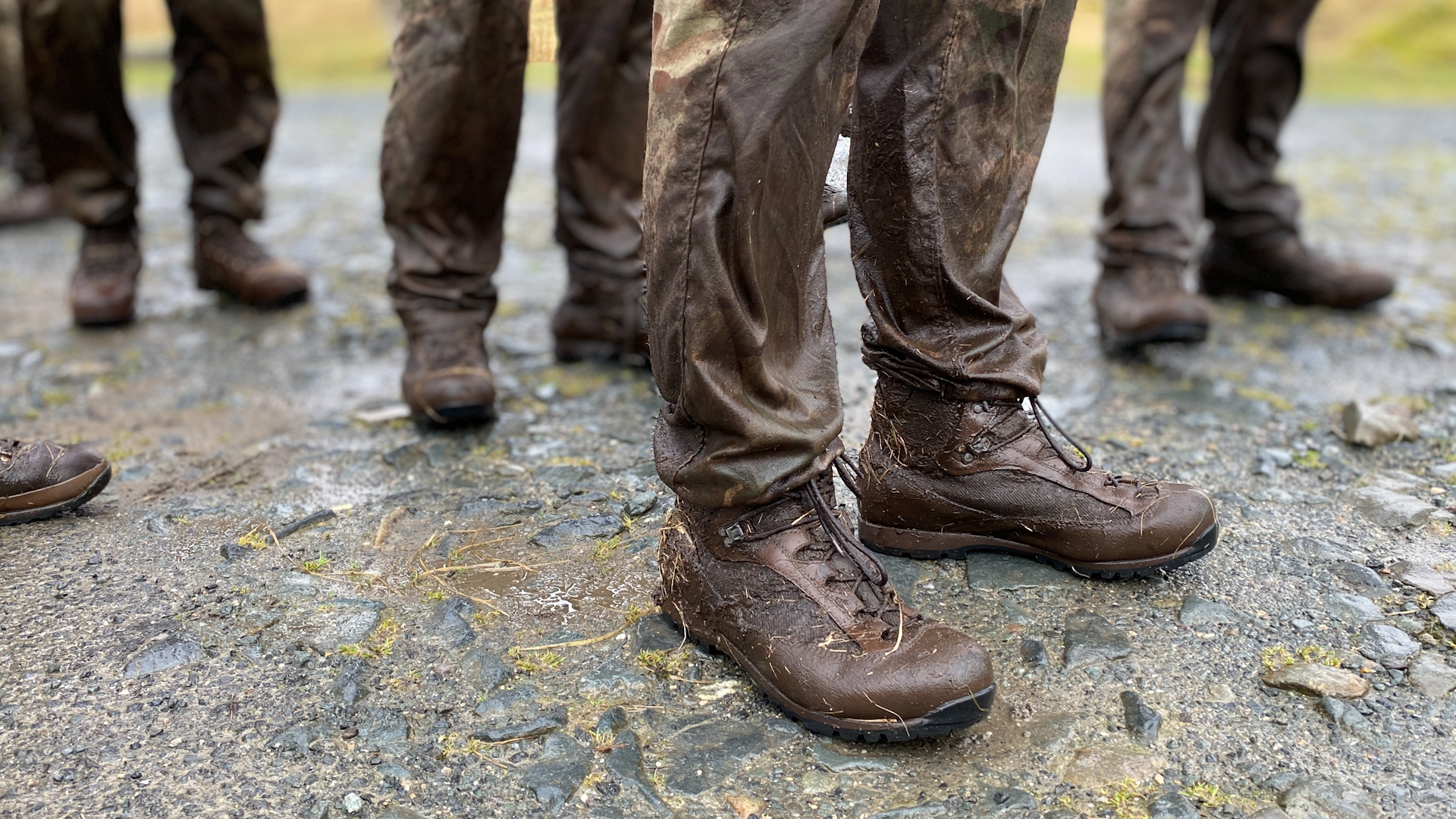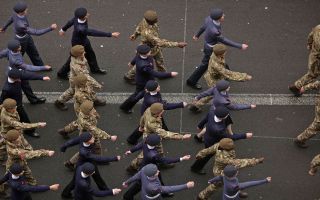
Reservists less satisfied in role but more appreciated by civilian employers and regulars, survey shows

New data has shown that British military reserve personnel are less satisfied in their Armed Forces roles than they were in 2015.
The Reserves Continuous Attitude Survey (ResCAS) showed the number of personnel across all three services satisfied with their life in the reserves had dropped from 77% (3,054) to 75% (2,975).
However, the study, which had 3,966 responses from reserve personnel, also indicated that military reservists were more appreciated now by their civilian employers, with a jump from 50% (1,983) in 2015 to 61% (2,419) in 2023.
But there was also a rise in the number of reservists who said their employers would prefer it if they were not in the reserves, jumping from 46% (1,824) to 55% (2,181).
This signified the biggest jump from across the data set when considering all three services combined.
There was also a 7% jump in the number of reservists who feel the regular personnel appreciate them, rising from 30% (1,190) in 2015 to 37% (1,467) in 2023.
The survey's results are influenced heavily by the British Army as the Army reserve makes up the largest section of reserve numbers.
Elsewhere, reservists are less satisfied with their kit, dropping from 59% (2,340) to 53% (2,102), and less satisfied with their pay, dropping from 54% (2,142) to 45% (1,785).
However, more reservists said their role was good for their career, rising from 47% (1,864) to 56% (2,221), presents more opportunities for personal development, rising from 47% (1,864) to 55% (2,181), and happy with the leadership training they have received, rising from 46% (1,824) to 53% (2,102).
It comes after figures released by the Ministry of Defence (MOD) in June showed reservists made up 18% of the British Armed Forces.
The overall strength of the Volunteer Reserves stands at 34,280 – a 6.2% fall in numbers since 2022, equivalent to 2,320 personnel.









